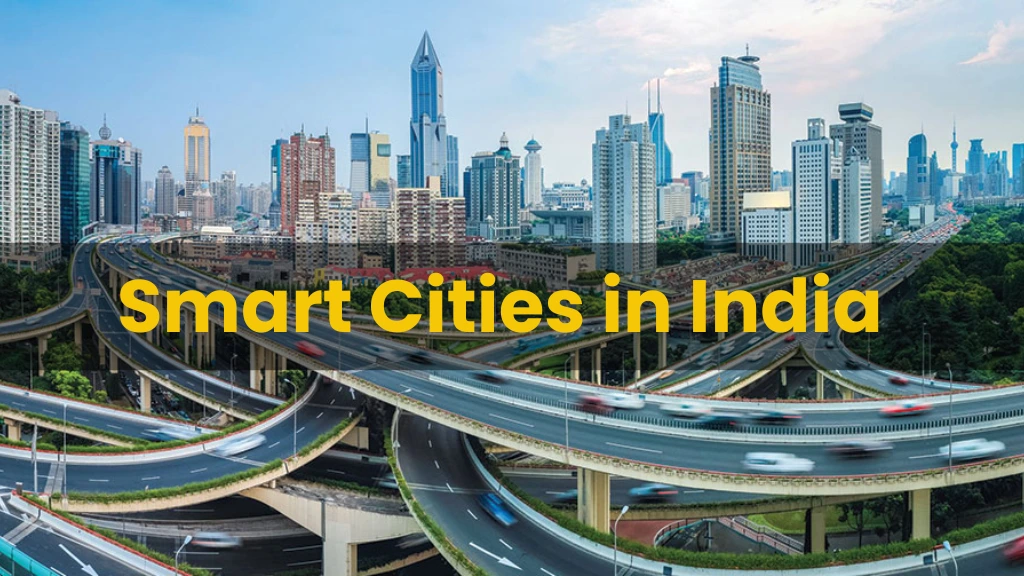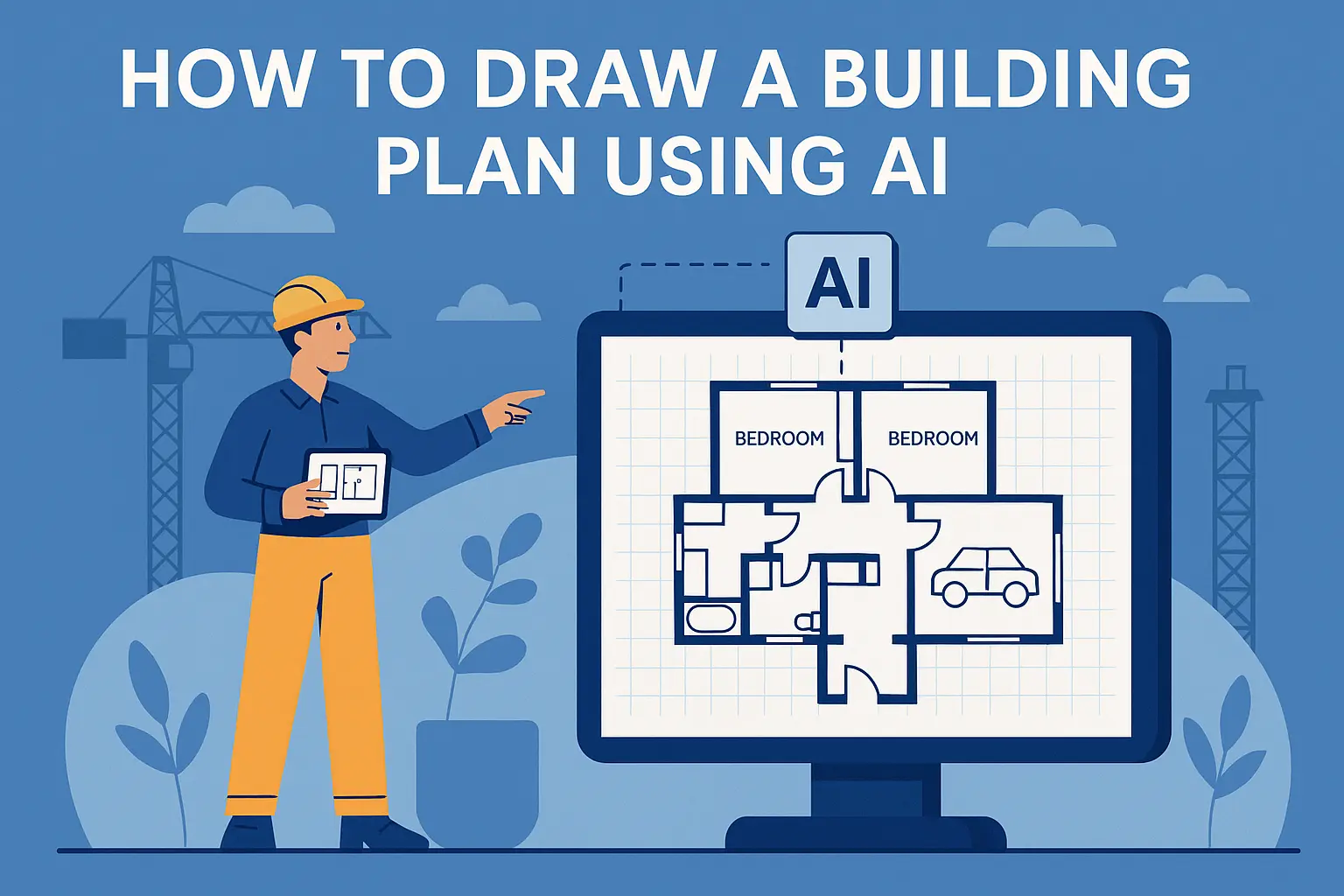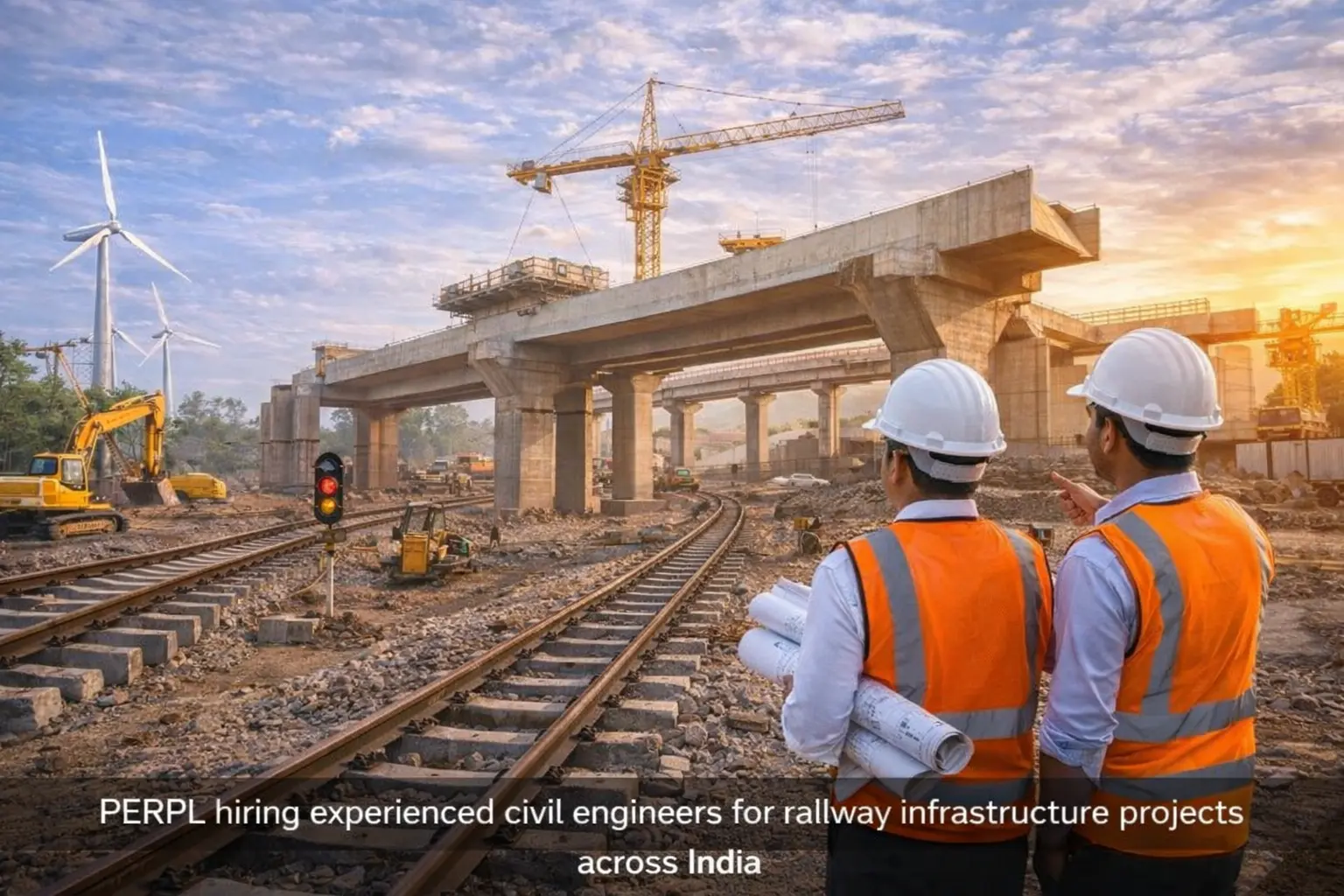Urbanization in India is happening rapidly, and the country expects to have a population of 600 million in urban areas by 2031. This surge has imposed such an enormous strain on existing infrastructure, services, and governance that it constitutes a critical moment. However, to achieve this, the government of India introduced the Smart Cities Mission (SCM) in 2015, which aims to use technology to develop a hundred smart cities with better urban living.
A smart city is a city that has adopted the most advanced technologies, data analytics, and digital infrastructure to skillfully accomplish the mobility, security, and environmental sustainability of a public service. These cities are experiencing technological and smart changes in how urban spaces function, from AI surveillance to smart traffic management.
Although smart city development has advanced, it is still constrained by funding, cybersecurity threats, and infrastructure. This blog discusses the key technologies that are making India’s smart cities, the challenges being faced, and the future of urban development in India.
What is a Smart City?
A smart city is a city in which the use of technology, data analytics, and IoT-driven solutions are used to optimize urban services and improve the lives of the people. The core focus areas include:
- Efficient Energy Management – Integration of smart grids and renewable energy.
- Sustainable Urban Mobility – Intelligent traffic and transportation systems.
- E-Governance and Digital Services – Online portals for public administration.
- Automated waste and water management – This includes Smart Waste and Water Management, which is intelligent waste collection and recycling.
- Public Safety and Security – AI-driven surveillance and emergency response systems.
The Indian Smart Cities Mission has an approach of leveraging smart solutions to enable better use of resources, better governance, and a more sustainable urban ecosystem.
Key Technologies Powering Smart Cities in India
1. Internet of Things (IoT) and Smart Sensors
IoT technology makes it possible for cities to gather information at one time through the use of smart sensors and other related gadgets. These are widely used for:
- The standard traffic control – Sensors at traffic lights minimize traffic jams.
- Air Quality Monitoring – Smart devices detect pollution levels of the environment and turn on the authorities.
- Water supply optimization – Smart meters are used to monitor the usage and any occurrences of leakages.
These systems assist urban planners and administrators to make informed decisions on the usage of available resources and to enhance the standard of services to be provided.
2. Artificial Intelligence (AI) & Big Data Analytics
The potential uses of Artificial Intelligence in the development of urban environments and in particular Big Data are of vital importance. Key applications include:
- They made use of artificial intelligence to predict traffic to be expected on the roads.
- Big data analytics for crime prevention and law enforcement.
- AI-driven waste management for efficient garbage collection.
It will enable the prediction of various patterns, resource distribution, and even the planning of the city by analyzing a large volume of data.
3. Smart Transportation Systems
Traffic jams, polluted environments, and poor networks of public transportation are some common issues experienced in the urban regions of India. These challenges are being handled by smart cities in the following ways:
- Strategies on the use of Intelligent Transport Systems (ITS) for real-time traffic information.
- Charging stations as a form of support to electric-powered means of transport.
- Real-time availability of parking spaces through the usage of IoT sensors.
These initiatives help in providing a sustainable transport environment in today’s cities.
4. Renewable Energy and Smart Grids
Ensuring that smart cities are not heavily dependent on fossil fuels, renewable energy is being deployed in the form of solar, wind and hybrid energy where incorporated smart grids are as follows:
- Strategize the distribution of power about the demands that are likely to be experienced on the market.
- Energy efficiency through monitoring with the help of Artificial Intelligence.
- Allow consumers to be producers as well ног Consumers must be able to feed electricity back into the grid.
This is to reduce the impacts of green footprints and advance sustainable energy consumption.
5. E-Governance & Digital Public Services
The smart city is a concept that seeks to improve government processes and engage citizens through the use of information technology. Features include:
- Online grievance redressal portals for quick issue resolution.
- Mobile usage to get governmental services.
- AI-powered chatbots for public assistance.
It also brings a positive change such as increasing the level of transparency, minimizing delays experienced in the bureaucratic system, and advancing the engagement of citizens.
6. Smart Waste Management & Water Conservation
The urban waste generated in India amounts to 62 million tonnes every year and therefore effective and efficient measures have to be adopted. Cities are adopting:
- Seeing as how waste sorting is an important sub-process of the recycling process, then robotizing it with the aid of artificial intelligence systems will allow for attaining more efficient results.
- Smart bins utilizing the IoT system can send notifications if it is full.
- Leak detection sensors are some of the examples of the advanced technologies that can be utilized to control water usage.
It means that the available technologies are environmentally friendly as well as optimally use the available resources in the market.
7. Smart Surveillance and Public Safety
Thus, AI technologies provide safety to people as crime in urban areas is increasing day by day. Features include:
- Facial recognition-enabled CCTV cameras.
- Drones for emergency response and large-scale monitoring.
- Predictive policing using AI-driven crime analysis.
These systems help in decreasing the rate of crime, increase the effectiveness of the police, and increase the safety of citizens.
Major Challenges in Implementing Smart Cities in India
However, several factors have made its implementation a challenge in the following ways:
1. High Implementation Costs
Smart cities entail the usage of smart meters, smart networks, and IoT gadgets that further would need massive capital investment. Most of the local bodies in urban areas have limited capital and human resources, which hinders large-scale production.
2. Lack of Digital Literacy
A significant number of people remain digitally inactivated with a considerable percentage of such individuals living in the second and third-tier cities. This is because many of these services will not be activated unless the required training and awareness are imparted to the citizenry.
3. Cybersecurity & Data Privacy Risks
The excessive utilization of advanced technologies such as Artificial Intelligence, the Internet of Things, and Big Data makes smart cities prone to:
- Cyberattacks on critical infrastructure.
- Unauthorized surveillance and data breaches.
- Prydux, smart grid, traffic controlling system, and emergency response networks hacking.
To this end, therefore, it is crucial to encourage the development of strong cybersecurity systems and legislation that protects the privacy of data.
4. Infrastructure Limitations
India’s urban infrastructure struggles with:
- Poor roads, electricity shortages, and inefficient waste management.
- Lack of integration between old and new technologies.
These factors hinder the process of the application of smart solutions.
5. Coordination Among Multiple Stakeholders
Smart cities require collaboration between:
- Government bodies (municipal corporations, urban ministries).
- Technology providers (private firms, startups).
- Investors and financial institutions.
This means that, currently, there is a lot of disorganization and poor scheduling among related departments.
Successful Smart City Projects in India
1. Bhopal Smart City
- AI-based Integrated Command & Control Center.
- Some communities opted for the implementation of IoT Smart Infrastructure like smart streetlights for energy conservation.
2. Pune Smart City
- Smart Traffic Management System.
- Online digital governance for public services.
3. Surat Smart City
- Citywide Wi-Fi connectivity.
- Automated waste collection systems.
These are some of the cities that have demonstrated the best practices in concern of city transformation.
Conclusion
The Smart Cities Mission is a progressive enhancement to the concept of urban development in India. The integration of Applications of smart technologies such as Artificial Intelligence, the Internet of Things, as well as Big data results in more efficient, sustainable, friendly, and smart cities.
Global success requires India to overcome financial, infrastructure, and cybersecurity issues in the long run. The scope of creating smart cities will become a major pillar in the future of urban development in India if it is planned and implemented most effectively.
Read More: Top 10 Sustainable Construction Materials for 2025
FAQs
1. What is meant by Smart Cities?
It is the vision of the Government of India to create smart urban facilities with the cent percent technological integration.
2. Which technologies are employed in the smart city?
They incorporate the Internet of Things, artificial intelligence, big data analytics, smart electricity networks, smart transport systems, and smart control systems.
3. What are the major issues to be faced by the smart city projects?
These include funding, cyber security threats, low levels of computer literacy, inadequacy of physical infrastructure, and those relating to coordination.
4. How does smart city transport the same benefit the public?
They include real-time traffic monitoring, smart parking, EV charging stations, and several others that employ artificial intelligence.
5. Which of the Indian cities have adopted smart city projects?
All three cities have efficiently adopted smart solutions for the growth of the cities.










